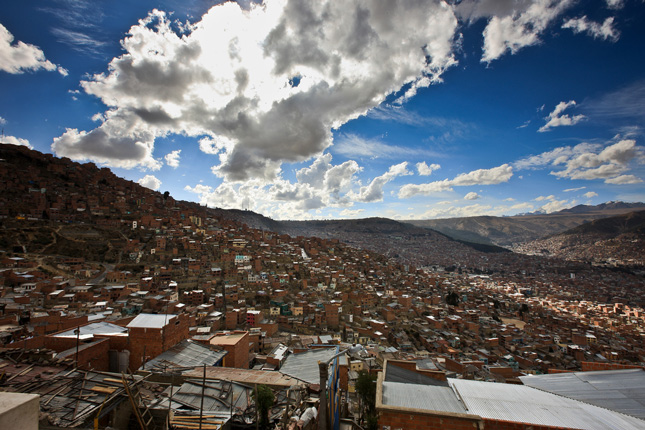-
Climate Change and Children’s Mobility
›
Environmental shocks have been linked to significant changes in human migration around the world. Yet the large literature on environmental change and migration to date has primarily focused on working-age adults, working largely on the assumption that climatic impacts are most likely to influence labor migration.
-
Climate Change Will Likely Influence Fertility Rates
›
Many of climate change’s demographic impacts—including those on migration, health, and mortality—are well known. But will climate change also affect population growth? So far, relatively little is known about whether and how the reproductive goals and behaviors of women and their partners may be influenced by a changing climate. However, a number of recent empirical studies offer evidence of such effects, underscoring the multidimensional ways that households modify their structure and activities in response to changing environmental conditions. The effects also highlight the complex and interactive linkages between population growth rates and climate change.
-
Climate Variability Is Increasing Internal Migration in South America, Swelling Cities
›
As global climate change affects livelihoods across the world, migration patterns are also changing. In a recent study published in Global Environmental Change, Clark Gray, Valerie Mueller, and I found that since the 1970s, climatic variations have been increasing internal migration across many South American countries, with few exceptions. And many people are headed to cities.
Showing posts by Brian Thiede.






